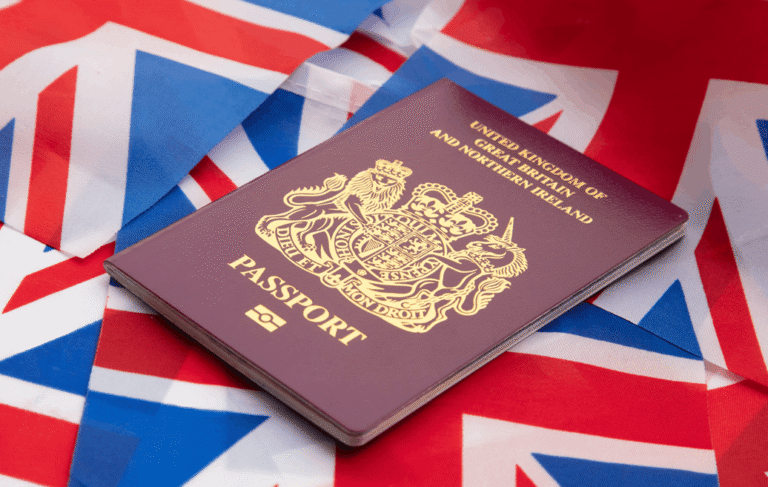Scale-Up Visa Worker Immigration Requirements and Fees (Part II)

This is Part 2 of our three-part blog series on the Scale-Up route. In Part 1, we looked at the employer’s responsibilities: how businesses can qualify for a sponsor licence, prepare their applications, and sponsor overseas workers during the initial six-month period.
Here in Part 2, we shift to the worker’s perspective. Obtaining a sponsor licence is not enough – employers must ensure that the individuals they want to recruit also meet the strict immigration requirements for the Scale-Up visa.
The Points-Based System
The Scale-Up visa operates under the UK’s points-based immigration system, which assigns points for meeting specific criteria. To qualify, workers must score 70 points, and these points are distributed across four key requirements:
- Certificate of Sponsorship (CoS) – 50 points are awarded for having a valid CoS from an approved Scale-Up sponsor. The CoS confirms that the worker has a genuine job offer at the right skill level.
- Salary Requirement – workers must be paid at least £39,100 per year, or the “going rate” for their role, whichever is higher. This is stricter than some other visa categories, which accept lower thresholds.
- English Language Ability – applicants must show they can read, write, speak, and understand English to at least B1 level on the Common European Framework of Reference (CEFR). Proof can come from an approved English test, an academic qualification taught in English, or nationality from a majority-English-speaking country.
- Financial Requirement – workers must show they can support themselves when arriving in the UK. This usually means having at least £1,270 in personal savings, held for at least 28 days before applying. However, if the employer certifies maintenance on the CoS, this requirement can be waived.
This structured system ensures that only genuine, skilled, and financially secure applicants qualify for the Scale-Up visa.
Eligible Roles
The Scale-Up visa is designed for highly skilled positions. Eligible jobs are listed in Appendix Skilled Occupations, covering roles that require graduate-level training or above. These include many positions in Engineering, Tech and IT, Science and Research, Business and Finance.
It is not enough for the job title to be on the list — the job description must genuinely match the occupation code. The Home Office actively reviews whether the duties reflect a skilled role and whether the job is a genuine vacancy. Employers that inflate or misclassify roles risk refusal, licence suspension, or even revocation.
Salary Thresholds
One of the most demanding aspects of the Scale-Up visa is its salary requirement. Workers must earn at least £39,100 per year or the going rate for the role, whichever is higher.
Employers must report and document these changes carefully. Failure to do so could trigger compliance checks and penalties from the Home Office.
Visa Duration and Path to Settlement
Workers approved under the Scale-Up route are first granted a two-year visa. For the first six months, they must stay with their sponsoring employer. After this initial period, they gain freedom to switch jobs or employers without requiring a new sponsor, something that sets this visa apart from most other immigration routes.
This flexibility makes the Scale-Up visa particularly attractive to skilled workers who want career mobility in the UK. It also reduces long-term administrative obligations for employers.
The visa can then be extended for a further three years on an unsponsored basis. After five years of continuous residence in the UK, workers can apply for indefinite leave to remain (ILR). To succeed, they must continue to meet general immigration conditions.
Fees and Costs
Applying for a Scale-Up visa involves several costs. Both employers and workers should plan for these in advance.
- Visa Application Fee – £822 per applicant.
- Immigration Health Surcharge (IHS) – £1,035 per year of the visa.
- Certificate of Sponsorship (CoS) Fee – £55, paid by the employer for each CoS issued.
At Sterling Law, we advise both employers and workers on every aspect of the Scale-Up route. From sponsor licence applications to individual visa submissions, our team ensures compliance and maximises the chances of approval. Contact us today for tailored immigration advice.
In the concluding article of our three-part series, we explore the benefits of the Scale-Up visa for both employers and applicants. We also examine the key compliance responsibilities and potential risks that businesses must be aware of, including practical nuances often overlooked. Please refer to Part III of our three-part blog series.





